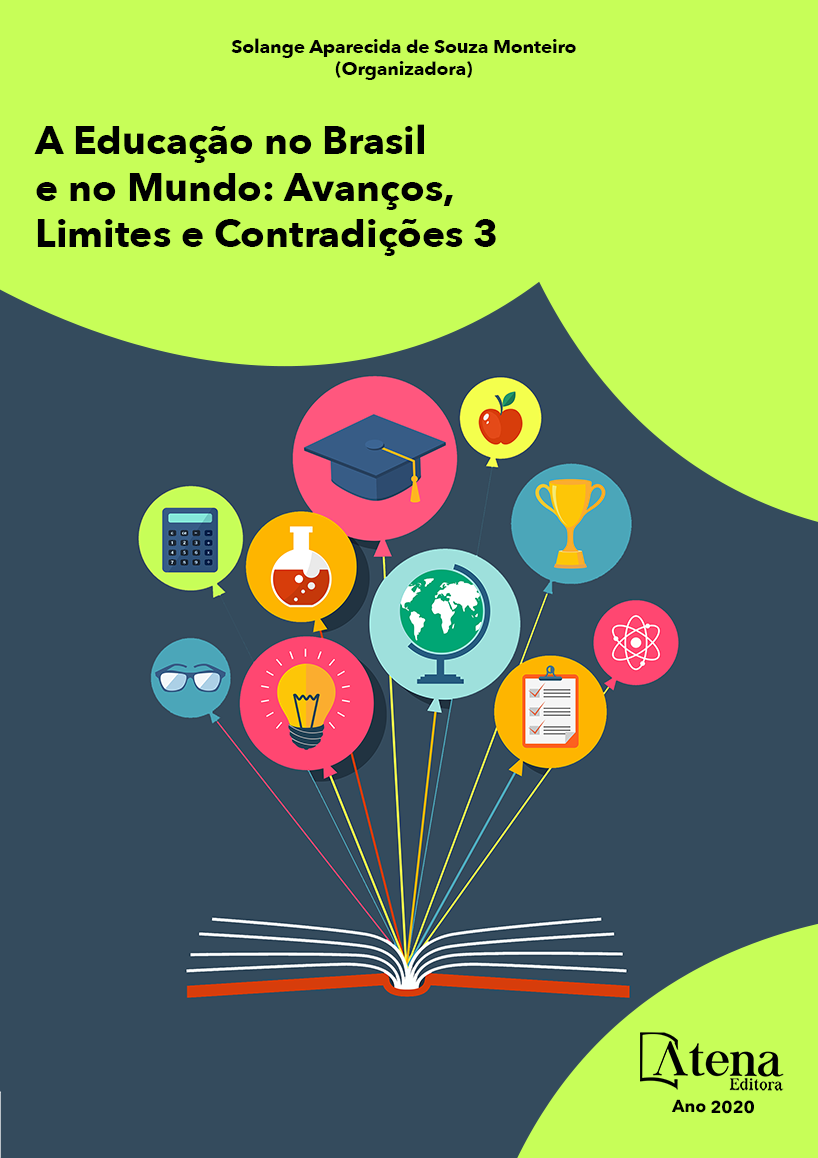
A LITERATURA POPULAR E O AMBIENTE VIRTUAL DE APRENDIZAGEM: DO LEITOR AO NAVEGADOR
Atualmente, a modalidade de ensino
a distância vem ocupando um lugar considerável
no meio educacional, por possibilitar aos alunos
flexibilidade de horário e de forma de estudo,
independente disso, o domínio da leitura continua
sendo um fator imprescindível para considerar
um indivíduo alfabetizado como letrado, ou
seja, o domínio da leitura era e continua sendo
fator indispensável no processo de formação
do conhecimento, seja ele presencial ou a
distância. Este artigo teve como objetivo
realizar uma pesquisa bibliográfica na área
de alfabetização e letramento dos educandos.
Nesse contexto, demonstrar como a Literatura
Popular ganha espaço, pois a web possibilita
o surgimento de novos gêneros, mas também
a manutenção de gêneros existentes, criando
uma nova concepção de leitura, redefinindo
estilos já consagrados e apontando para o uso
da linguagem oral mediado, inclusive, pelos
recursos tecnológicos dentro dos Ambientes
Virtuais de Aprendizagem.
A LITERATURA POPULAR E O AMBIENTE VIRTUAL DE APRENDIZAGEM: DO LEITOR AO NAVEGADOR
-
DOI: 10.22533/at.ed.33220200120
-
Palavras-chave: educação; literatura popular; recursos tecnológicos; cultura popular.
-
Keywords: education; popular literature; technological resources; popular culture.
-
Abstract:
Currently, the distance mode of
education has occupied a considerable place in
the educational environment, because students
flexibility of time and form of study, regardless,
the reading area remains an essential factor to
consider an individual literate and literate, in the
reading area was and remains an indispensable
factor in the knowledge formation process be it in
person or remotely. This article aims to conduct
a literature search in literacy and literacy area of
individuals. In this context, demonstrating how
the People's Literature gaining ground because
the web makes possible the emergence of new
genres , but also the maintenance of existing
genres, creating a new concept of reading,
redefining styles already established and
pointing to the use of mediated oral language,
including the technological resources within the
Virtual Learning Environments.
-
Número de páginas: 15
- Kelly Cristina Coutinho
- Geni Emilia de Souza
- Carlos Adriano Martins


